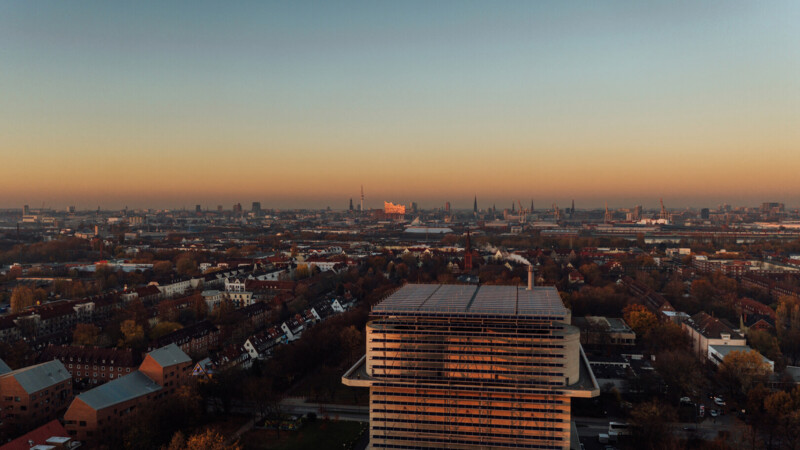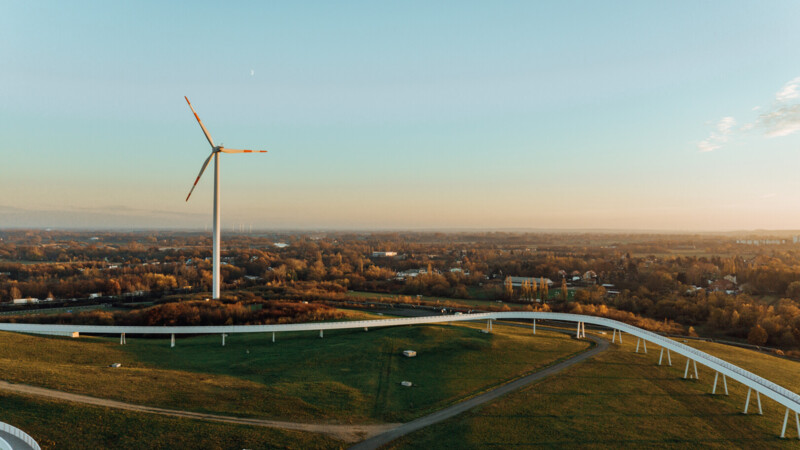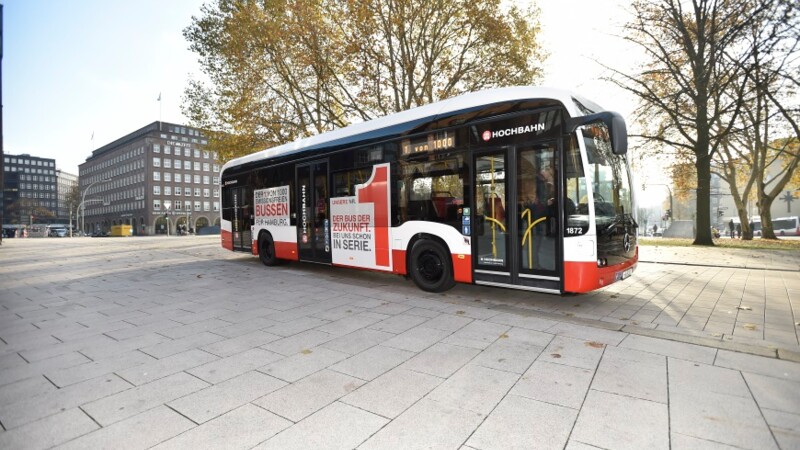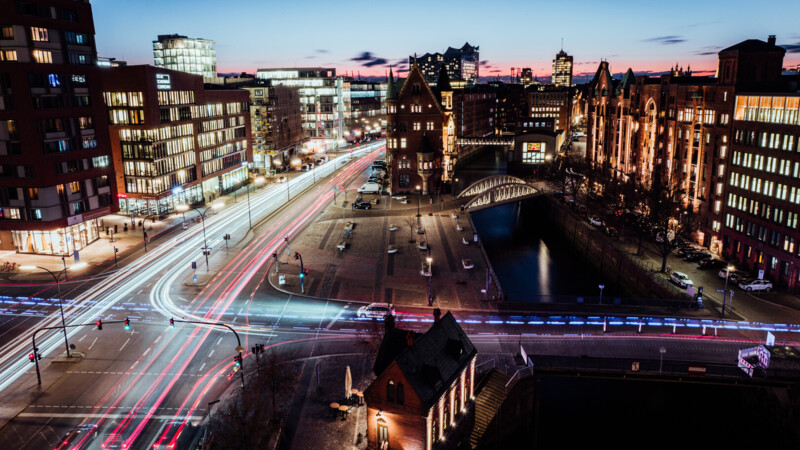Climate and environment-friendly local transport is crucial to improved air quality in the city and a higher standard of living, Tjarks noted, adding: "We want to focus more on alternative drives for buses to lower pollution. E-mobility plays a key role therein. The German Environment Ministry is supporting our goal of a completely emission-free bus fleet by the end of the decade with these funds."
The German Ministry for the Environment, Nature Conservation and Nuclear Safety (BMU) is putting EUR 47 million towards the conversion of public transport to electromobility in Hamburg. Jochen Flasbarth, State Secretary, handed over the confirmation Friday (July 31, 2020) to Hamburger Hochbahn AG (Hochbahn) and Verkehrsbetriebe Hamburg-Holstein GmbH (VHH) during a meeting attended by Anjes Tjarks, Senator for Transport and Mobility Transition. The funds will go towards the purchase of 96 e-buses and 128 battery chargers for depots at both companies.
Goal of mission-free bus fleets
Emission-free and climate-friendly local transport
The funds will be allocated to Hochbahn and VHH, who put the total costs of converting their fleets at some EUR 102 million. The funding is based on the "Directive on the Promotion of the Purchase of Electric Buses in Local Public Transport", which was passed by BMU on March 5, 2018. One of the criteria for the funding is the proven use of renewable energies for charging the batteries. The underground and suburban trains in Hamburg have been running on certified green electricity for years. Bus fleets will now be converted to emission-free drives. Both companies have ordered only climate-friendly buses since early 2020. Around 50 emission-free buses are operating in Hamburg at present. Hochbahn is set to add 30 and VHH 22 e-buses by the end of 2020. Hochbahn and VHH have fleets of around 1,500 buses.
Hamburg time cycle
The so-called Hamburg time cycle (Hamburger Takt) Is effective until 2030 under which all residents of Hamburg should be able to access public transport within five minutes. District buses are crucial to this goal, said Tjarks. "They would go where no buses are running today, get closer to the passengers and connect the neighbourhoods even better to rapid transit stops. A total of around 600 new stops will be built in the coming years. Smaller vehicles with zero-emission drive can be a modern mobility option here," he added. Hochbahn is currently testing so-called midi buses by various manufacturers. The first climate-friendly midi buses are expected to be in standard use from late 2022.
sb/pb
Sources and further information
More
Similar articles

EU sustainable heat project to launch in Hamburg

Renewable energies sector calls for greater climate protection

Hamburger Hochbahn expands low-emission fleet
